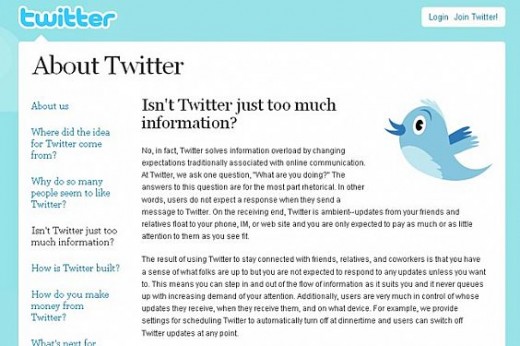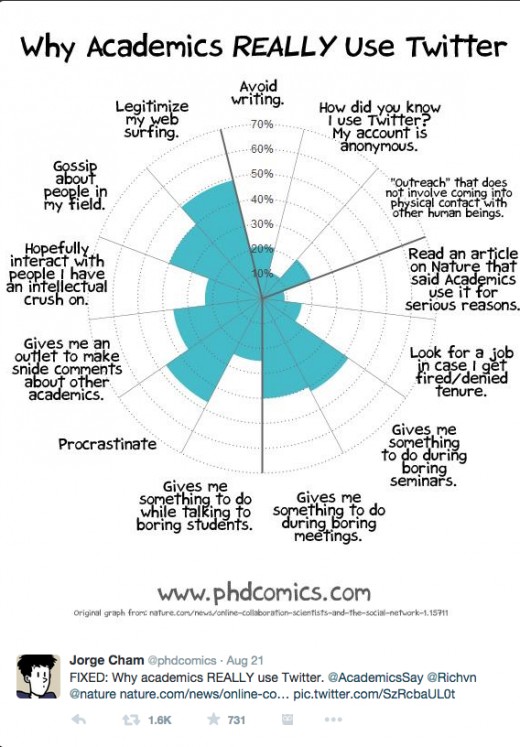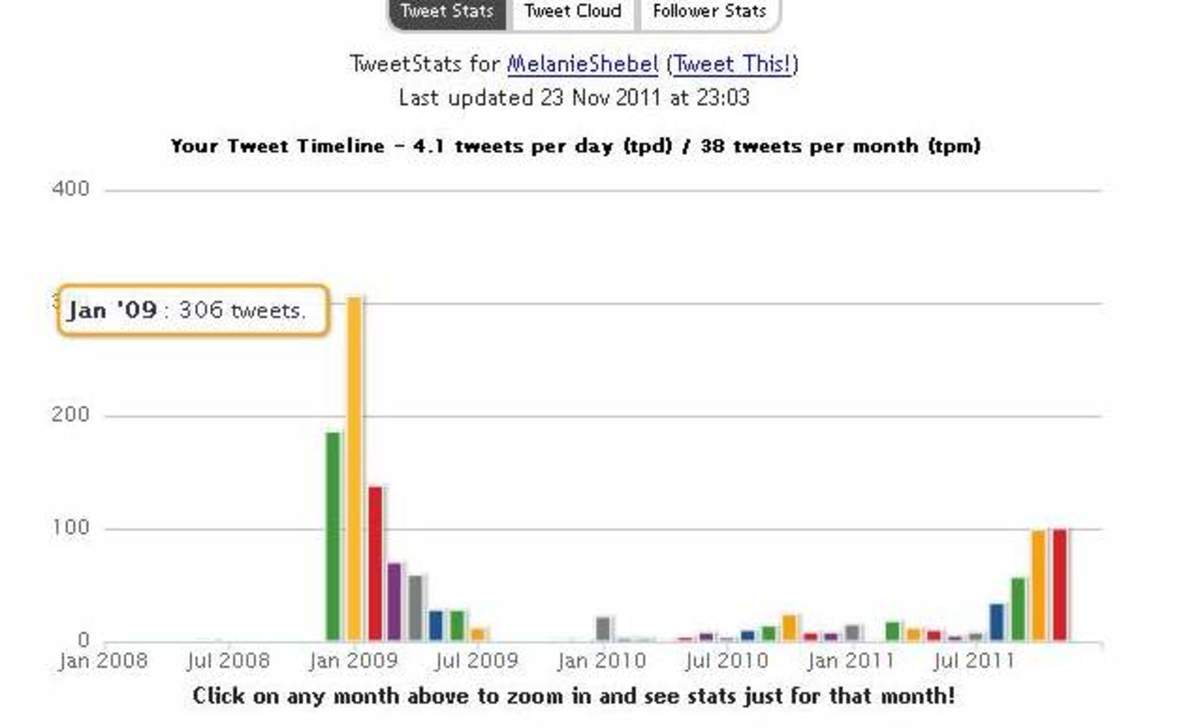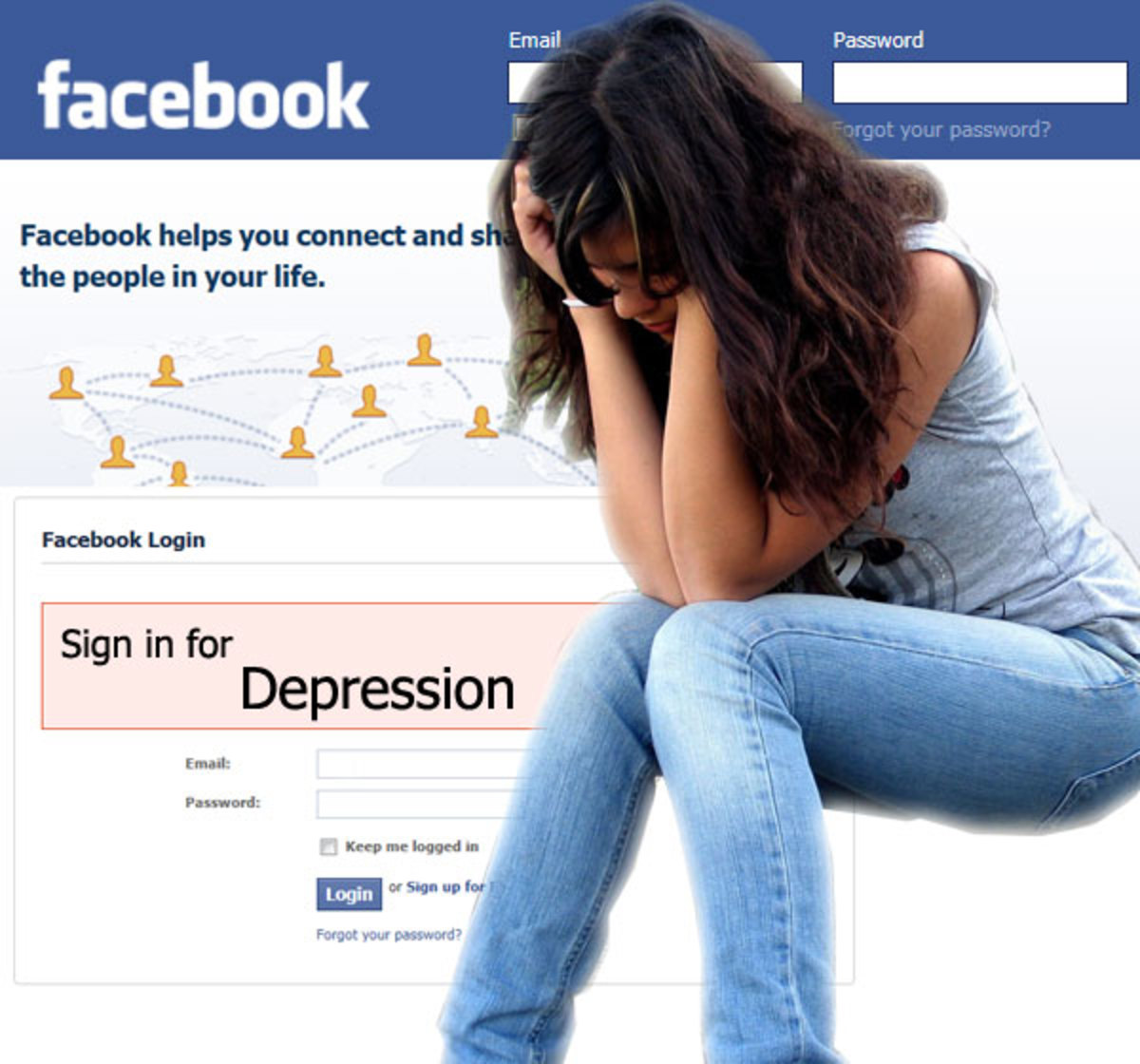- HubPages»
- Technology»
- Internet & the Web»
- Social Networking
Twitter and the Audience

- Justine Sacco: When Bad Gets Ugly
There was something disturbing and creepy about the whole Justine Sacco mess.
Watch “Gordon Brown: Impact of Twitter.” You may also want to read “Justine Sacco: When Bad Gets Ugly.” Then construct an argument about the impact of Twitter on audiences. Is the shift in audiences from passive to active a good thing? Or is it harmful? Compare or contrast their response with Gordon Brown’s comments in the video.

After watching “Gordon Brown: Impact of Twitter” and reading “Justine Sacco: When Bad Gets Ugly” I was surprised about how serious Twitter really is. While I do have a Twitter account I have never really used it so I was shocked with how much effect a single Tweet can have. The video and article both do an amazing job showcasing the impact Twitter can have on an audience. I personally see the shift from being a passive audience to an active audience as an advantageous thing. It is good for people to be active in their communication and Twitter gives people a platform where they can be an involved audience. However it is just as important for people to be a responsible audience. People need to be aware that the Tweets on Twitter are not necessarily always going to be factual. It is important that each Twitter user takes the responsibility to authenticate the information provided in the Tweets themselves before taking any action. When used responsibly Twitter can allows its users to communicate rapidly with each other in real time, receive news, get involved with government, follow politics, and have access to huge amounts of information, but users need to validate everything they read through a secondary source.

Transcript: ITN News - Gordon Brown - Impact of Twitter Time: 2:59
>> Both Hillary Clinton and President Obama. It's quite an admission, isn't it, to say that once the masses find
out the kind of things that used to be the preserve of intelligence briefings, you actually have to change your
phone policy?
>> Peter: Well, first let me correct one thing. I've been an adviser to Secretary Clinton, but not to President
Obama.
>> Sorry.
>> Peter: I've been a big supporter -- that's okay -- a big supporter of President Obama, and I worked very hard
to help elect him. You know, well, let me say this, actually there's a lot of interest in what Prime Minister Brown
said over here among the, you know, the followers of technology and the Internet and the influence of the
Internet on politics; and you know, there's also a big debate going on among this technical community about
whether this revolution is really a Twitter revolution and how influential Twitter really is. Is it just something that is
influencing people in the West or is it really having an effect on the ground.
>> I mean, this obviously took off this week because of Iran and the State Department asked Twitter to stay up
and not come down for maintenance and all the rest it. But the truth is, if you follow all these things on Twitter,
you don't know which ones are true, which ones are made up. I mean, it's very difficult to know what the
accuracy of this information is.
>> Peter: Well, that's a very good point. In fact, over the past couple of days some have been saying that Iranian
intelligence services have been using Twitter for disinformation. So it's true, it's very hard to tell. But look, there is
definitely something revolutionary going on in the wider sense in the use of online communications. We saw it in
the U.S. election in 2008, and we're certainly seeing it in the flow and the movement of information. I think what
tends to happen though is we can get too euphoric or too excited about the impact. You know, there are a couple
of articles that I read today saying, well, really how many people have access to Twitter on the streets of Iran,
similarly here in the U.S. or around the world. And then to get to Gordon Brown's statement about there will be
no more Rwandas, you know, with all due respect, we have Darfur, we have violations of human rights all across
the world. And Twitter and Facebook and YouTube and social networks exist and have existed for a little while;
so I think that have may be overly optimistic. It is changing the way we communicate, but it may not be changing
the harsh reality on the ground.
>> So it will change communications and spin but perhaps not policy?
>> Peter: I think it's a collaboration. I think when you go too far -- and over the past four or five years when blogs
first were ascended to the U.S., the question was will it completely replace media. And clearly as we have seen,
the media model has suffered; but it has not replaced media. Good reporters, good television outlets, good print
outlets, radio, are all important; so it's a collaboration. So hopefully, what you will see as you've seen with Twitter,
because I don't want to be too cynical about it, it's very important what's going on. You'll see traditional news
outlets and the online community collaborating, getting information out together, one --
>> Piecing it out --
>> Peter: Or sort of a [inaudible] relationship.
>> Sorry [inaudible] but we're out of time. Thank you very much and [unintelligible] for joining --






